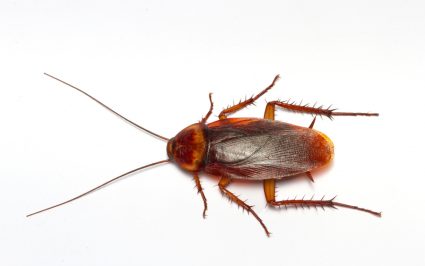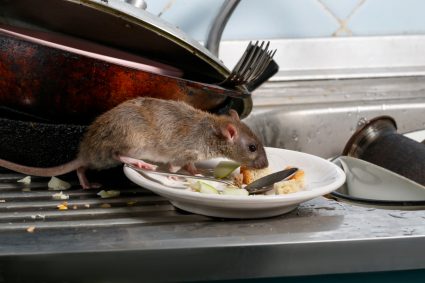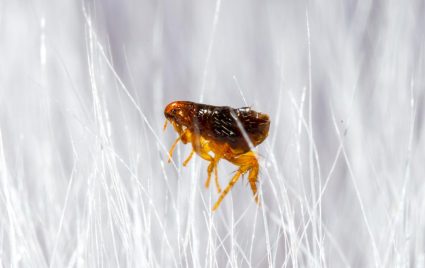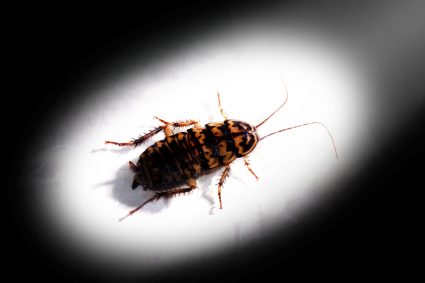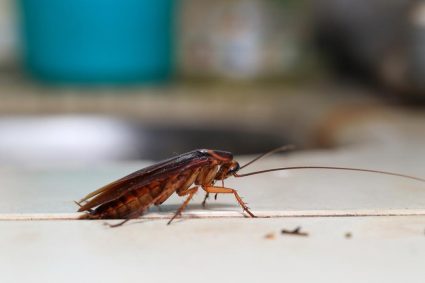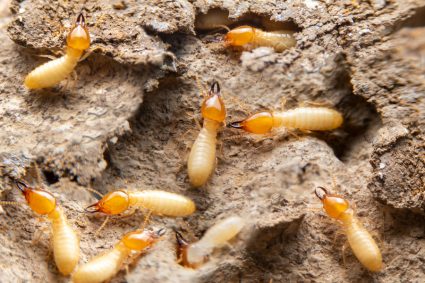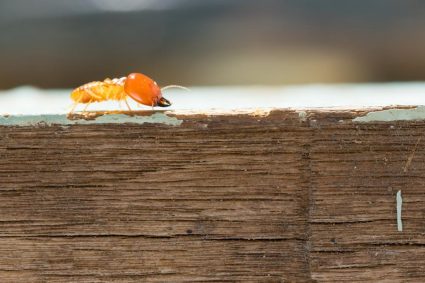
Rats can be a nuisance in any garden. Not only do they eat and destroy plants, but they can also spread diseases and cause significant damage to property. In this comprehensive guide, we’ll explore various strategies on how to keep rats out of the garden, from natural deterrents to physical barriers, and more.
Keeping rats out of the garden involves several steps: eliminating their food sources by maintaining a clean and tidy garden, blocking access to garden buildings, using natural repellents like fragrant herbs, and sealing outdoor entry points. Regularly monitor for signs of infestation and consider humane trapping methods if necessary. Long-term prevention requires consistent implementation of these measures.
Most Common Types of Rats in Gardens
The most common types of rats that invade gardens are the Roof Rat (Rattus rattus) and the Norway Rat (Rattus norvegicus). Both can cause significant damage to your garden, contaminate food, and transmit diseases to humans and pets.
Signs of Rats in the Garden
Some signs that indicate the presence of rats in the garden include rat droppings, gnaw marks, footprints, burrows, damaged plants, unexplained noises, and grease marks. If you notice any of these signs, it’s likely that you have a rat problem in your garden.
Why Keep Rats Out of the Garden?
Keeping rats out of the garden is crucial to prevent damage to plants and crops, spread of diseases, contamination of food, damage to property, and attraction of other pests.
Natural Methods to Deter Rats
There are several natural methods to deter rats from entering your garden. These include planting fragrant herbs and plants, removing food sources, keeping the garden tidy, blocking access to garden buildings, using natural repellents, and disrupting their territory.
Garden Modifications and Landscaping
Proper garden modifications and landscaping can help prevent rat infestations by eliminating their food sources, shelter, and hiding spots. This includes maintaining proper sanitation, trimming vegetation, rodent-proofing compost, removing water sources, sealing entry points, maintaining a tidy garden, and blocking access to shelter.
Humane Ways to Trap and Remove Rats
To safely and humanely trap and remove rats from your garden, consider using live traps, snap traps, enclosed traps, introducing natural predators, and using humane rodent solutions.
Effectiveness of Commercial Rat Repellents
Commercial rat repellents and deterrents vary in their effectiveness. Most are only moderately effective, and rats may become acclimated to the deterrents if they are desperate for resources like food and water.
Long-Term Prevention of Rat Infestation
To ensure long-term prevention of rat infestation in gardens, it’s crucial to block access to garden buildings, maintain a clean and tidy garden, use natural repellents, remove food sources, eliminate shelter, plant rodent-repelling herbs, seal outdoor entry points, monitor for signs of infestation, seek professional help if needed, and consistently implement proactive measures.
Remember, prevention is key in maintaining a rat-free garden. Address any potential issues promptly and consistently implement the steps mentioned above to avoid future infestations.
By following these steps, you can effectively deter rats from your garden without using harmful chemicals or poisons. No matter which method you choose, remember that consistency is key. It may take some time to see results, but with patience and persistence, you can maintain a rat-free garden.
Frequently Asked Questions
What are some examples of fragrant herbs and plants that deter rats?
Some examples of fragrant herbs and plants that deter rats include mint, lavender, daffodils, and marigolds. These plants produce strong smells that are unpleasant to rats and can help keep them away from your garden.
How often should I check for signs of rat infestation in my garden?
Ideally, you should check for signs of rat infestation in your garden regularly, at least once a week. However, if you have had a previous infestation or if you live in an area prone to rats, it might be beneficial to check more frequently, such as every few days.
What are humane rodent solutions?
Humane rodent solutions are methods that aim to remove rats from your garden without causing them unnecessary harm. These can include live traps that allow you to catch and relocate the rats, and deterrents that make your garden less attractive to rats, such as eliminating food sources and shelter.
Can I use pets as natural predators to deter rats?
Yes, pets such as cats and certain breeds of dogs can act as natural predators to deter rats. However, it’s important to remember that rats can carry diseases that could potentially harm your pets, so it’s crucial to ensure your pets are protected and up-to-date on their vaccinations.
How can I seal outdoor entry points to prevent rat infestations?
To seal outdoor entry points, you can use materials like steel wool, caulk, or hardware cloth. Look for any gaps or cracks in the walls, foundation, or roof of your house and garden buildings, and seal them properly to prevent rats from entering.

